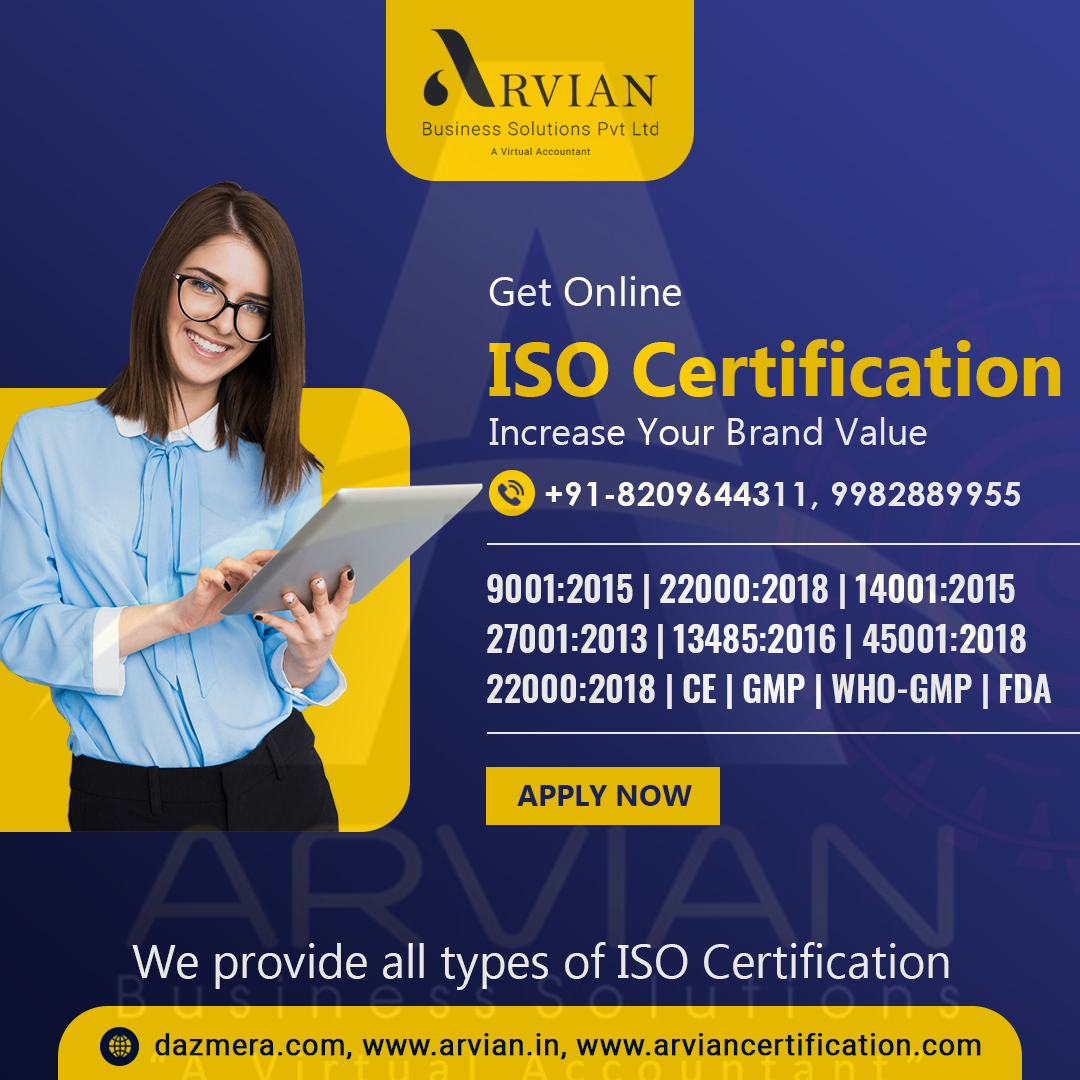
ISO Certification is a seal of approval from a 3rd party body that a company runs to one of the internationally recognised ISO management systems. The certification can be used to tender for business as a proof of a company’s credibility but also to install confidence in the potential client that you will keep your promises.
Auditing is a required element of the ISO/BS Standards. It is the proof that the system you have implemented is fit for purpose and continually improving. It is the regular check that you are managing the system/s consistently. The guidance that you will receive at the internal review stage will help you to effectively manage your management systems and remain compliant to the relevant standard/s. The auditor will help you to identify which aspects of the management system require improvement; this will provide you with the ability to develop and enhance the management system through a set of focused action points in a step by step approach.
There are over 16,500 different management standards, therefore finding the ones that are right for your business can sometimes be confusing. The best place to start is ISO 9001 quality management, as this is the core standard that most of the other well-known standards are based on. It’s focused on customer service and ensuring your customer receives the service they want, at a time that’s relevant for a cost that’s fair. Based on your company’s activities there may be additional ‘bolt on’ standards that might complement the business i.e. as waste and recycling company may benefit from the ISO 14001 environmental management as this is a fundamental element for their industry, or a manufacturing business might benefit from the BS 18001 health and safety as they use lots of heavy machinery which could have risks associated. The best way to find out which standards are most relevant is to contact us today and let us know about your business. We can then send you the details of the standard/s most relevant to your company.
A non-conformance is when something within the business doesn’t go according to plan, which may result in a customer complaint or a delay in the normal process. These are to be viewed as ‘opportunities for improvement’ and are recorded so that trends can be identified and action can be taken.
ISO 14001 is an environmental management system that can be integrated into any business. The main focus of an environmental management system is to reduce costs, reuse resources and if unable to reuse, recycle as much as possible. It forces a company to be aware of and control the aspects of the business which have an environmental impact. It can highlight areas within the business that have high consumption and / or wastage therefore leading to cost savings, and in certain industries ensure the company is maintaining its legal and regulatory requirements
BIS stands for Body of India and is the founder of ISO. For the advancement of ISO 9000 standards the technical and its sub-committees are responsible. BIS officers which are included in Quality and industry experts’ panel are nominated by BIS. They are the one who enthusiastically participates in the gatherings offered by Technical Committee ISO/TC 176 and its Sub-committees.
To improve the quality of a product, organisations have implemented some rules and regulations as per the requirements of IS/ISO 9001. The standard IS/ISO 9004 has an important element of `self- assessment’ and this standard is not agreeable to certification.
A non-conformance is when something within the business doesn’t go according to plan, which may result in a customer complaint or a delay in the normal process. These are to be viewed as ‘opportunities for improvement’ and are recorded so that trends can be identified and action can be taken.
ISO 9001 is a quality management system that can be integrated into any business. It is focused on ensuring the business delivers a consistent level of quality to its customers by having well defined and regularly reviewed processes and procedures. The system fully integrates within the existing business procedures and becomes part of the culture within the organisation.